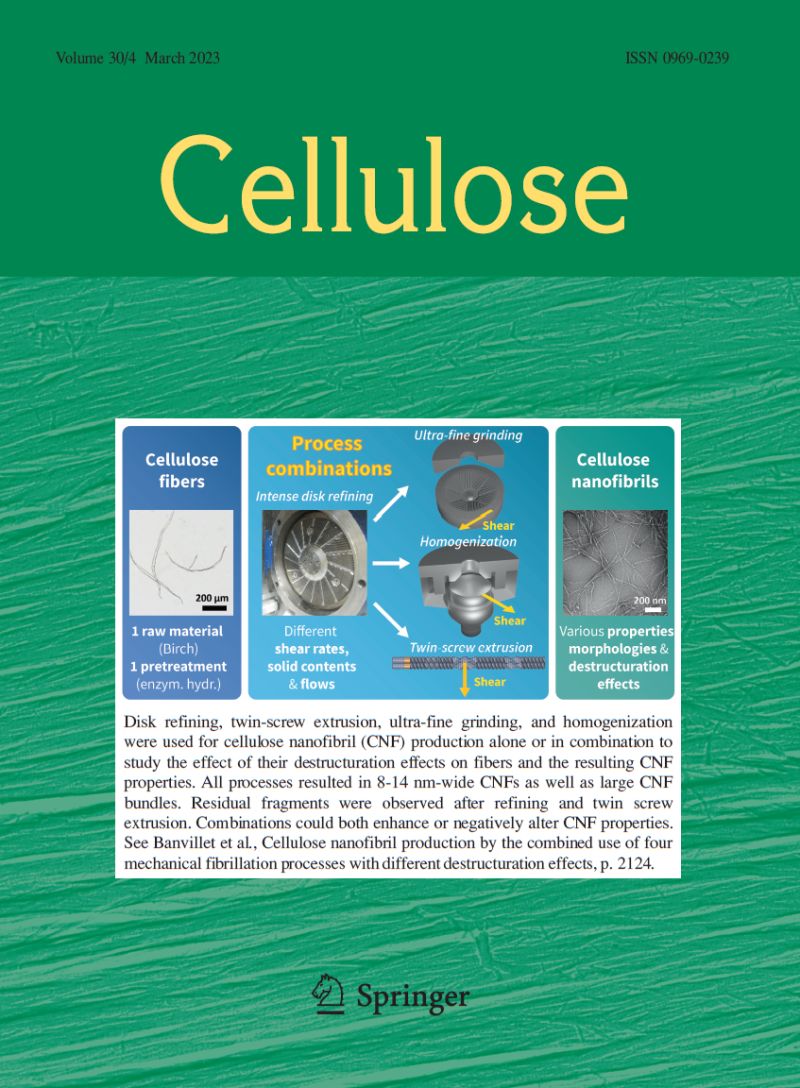Synergistic effect of “methyl cellulose-dextran” on oral curcumin delivery via casein nanomicelle: fabrication, characterization, and cancer therapeutic efficacy assessment
Abstract
A casein-methyl cellulose nanocomplex, loaded with curcumin and coated with dextran (DX-CasCur-MC), is designed to enhance curcumin’s oral delivery and inhibit cancer growth. Its physicochemical properties reveal chemical bonding between protein and polysaccharides, transforming curcumin from crystalline into amorphous state to improve water solubility. The encapsulation efficiency of curcumin reaches 92%, and its release profile in physiological and tumor microenvironments exhibits controlled and sustained release. In vitro studies confirm the significant therapeutic efficacy of DX-CasCur-MC in inducing cancer cell death and DNA damage compared to free curcumin. The effectiveness of DX-CasCur-MC for oral drug delivery is validated in simulated gastrointestinal fluids, with 23 and 69% release in gastric and intestinal fluids, respectively. In vivo studies demonstrate a significant reduction in tumor volume in mice treated with DX-CasCur-MC compared to those treated with free curcumin or untreated, confirming DX-CasCur-MC’s ability to improve curcumin’s pharmacological properties and inhibit tumor growth via repeated oral administration. The conjugation of the two polysaccharides with the hydrocolloidal casein nanomicelles improves the nanocomplexes stability, making DX-CasCur-MC a promising natural candidate for oral curcumin delivery with a significant cancer therapeutic efficacy.


 求助内容:
求助内容: 应助结果提醒方式:
应助结果提醒方式:


